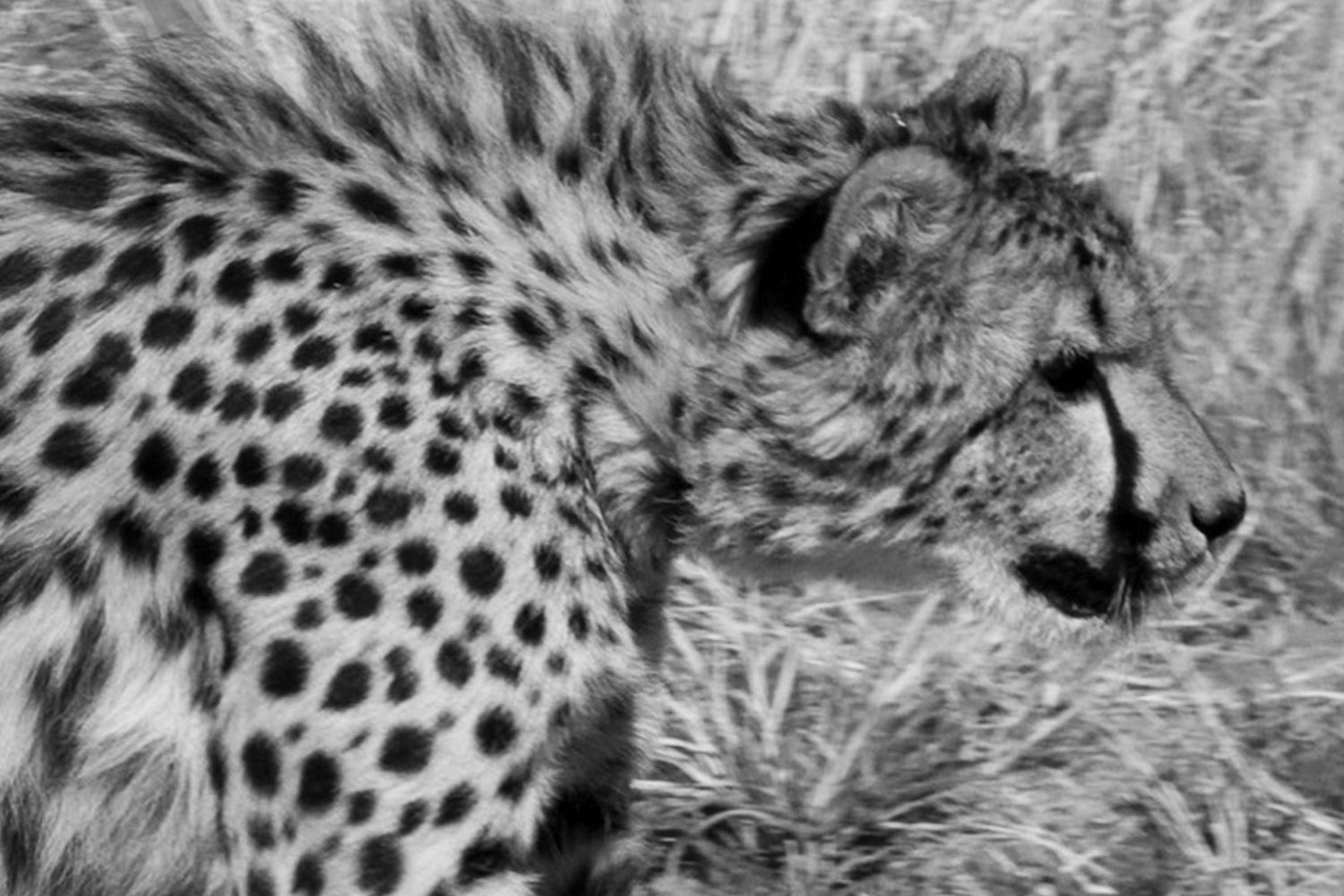
Dedicated to saving cheetah in the wild
Founded in Namibia in 1990, Cheetah Conservation Fund (CCF) has been dedicated to saving the cheetah in the wild. Our vision is to see a world in which cheetahs live and flourish in coexistence with people within a sustainable system that is protective of the environment, socially responsible, and economically viable.
CCF UK is an affiliate of CCF global, raising funds and awareness to support the work of CCF in Africa and beyond to save the cheetah from extinction.
CCF’s work, which is only possibly thanks to the generosity of supporters like you, continues to provide hope for wild cheetah populations. Thanks to your support, we are working to protect cheetahs by providing the below:
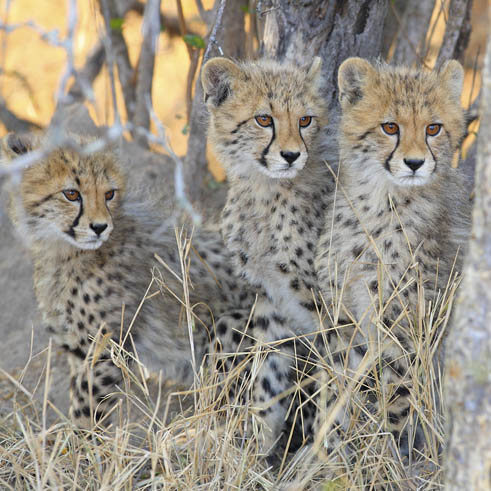
Holistic Conservation Strategy is the key to success in saving the cheetah and their ecosystem. We work to develop best practices that benefit the entire ecosystem upon which the cheetah depends. CCF’s programmes address the concerns for wildlife populations and the human communities that share the landscape.
Environmental Education is vital to CCF’s mission. Our research shows that public education will help ensure a future for the species in the wild. The development of national pride and international concern for the cheetah are critical to the species survival. In order to reach the widest audience possible, CCF educates farmers, teachers, school children, scientists and the public about methods to conserve biodiversity. Special emphasis is placed on the role of the cheetah and other predators in healthy ecosystems.
Scientific Research is the backbone of CCF’s education and conservation activities. CCF’s scientific research on cheetahs focuses on a number of aspects of the cheetah’s life cycle, biology and genetics. Research projects also include ecology, human-wildlife conflict, agriculture, and biomass energy.
Combating the illegal wildlife trade. Every year, up to 300 cheetah cubs are taken from the wild, to be illegally sold as pets. Not only is this no life for a wild animal, but this trade is also decimating wild cheetah populations. To combat this trade, CCF works closely with governments and NGOs in the Horn of Africa to reduce both the supply and demand for illegal wildlife pets. CCF also works closely with the Somaliland’s Ministry of Environment & Climate Change aiding in investigations and rescue missions. Those cubs which are fortunate enough to survive are given lifetime care at the CCF Cheetah Rescue and Conservation Centre in Somaliland.
Find out more about our work and projects that are working to ensure people and cheetahs can flourish in coexistence
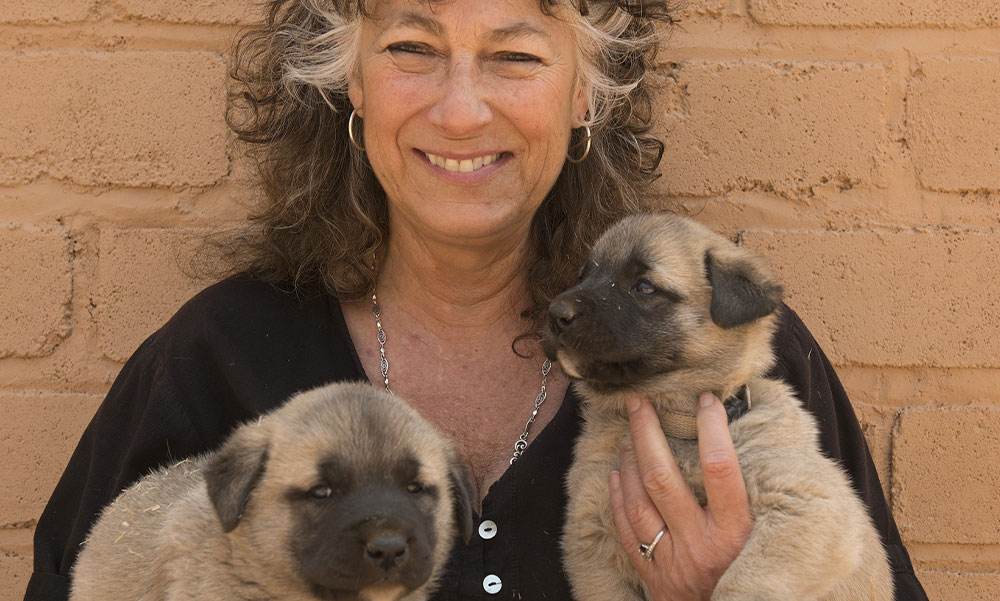
CCF Executive Director - Dr Laurie Marker
Before becoming Executive Director of Cheetah Conservation Fund (CCF) in 1990, Dr. Laurie Marker began her career working with cheetahs at Wildlife Safari, a wildlife park in the United States. She first traveled to South West Africa (now Namibia) while conducting research into the rewilding of captive-born cheetahs.
Find out more about our founder Dr Laurie Marker here
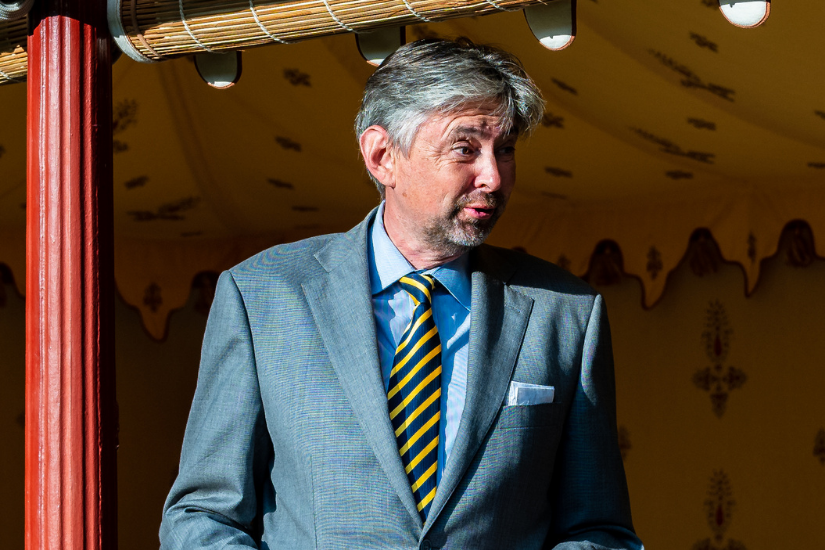
Board of Trustees
The CCF UK community is strong and growing. We are led by a small, hands-on Board of Trustees, with numerous advisors and volunteers across the United Kingdom.

Patrons & Ambassadors
We are honoured to be supported by a number of Patrons and Ambassadors who are dedicated to supporting our vision for a better world for cheetahs.

Young ambassadors
We are delighted to be supported by our Youth Ambassadors and Cheetah Cubs who educate and encourage support for our work protecting cheetahs in the wild.
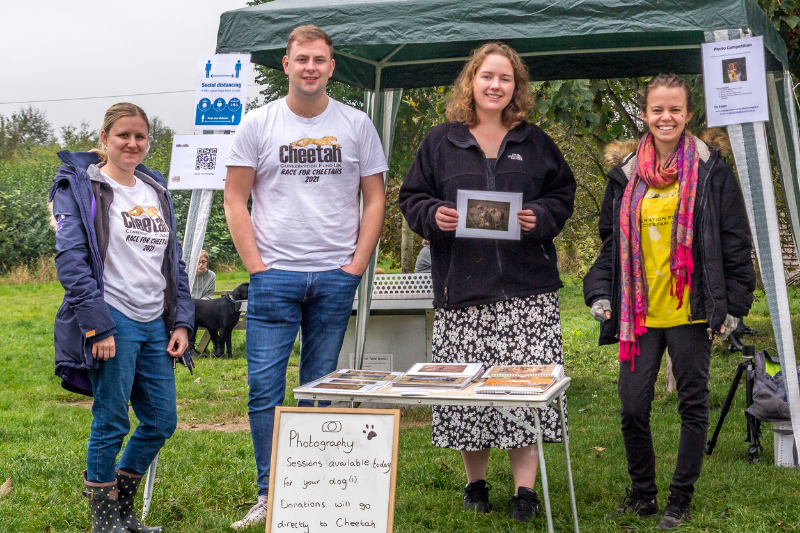
Volunteers
Our CCF UK team is mostly made up of volunteers and we regularly have volunteer vacancies available. If you have professional skills to share, we’d love to hear from you.
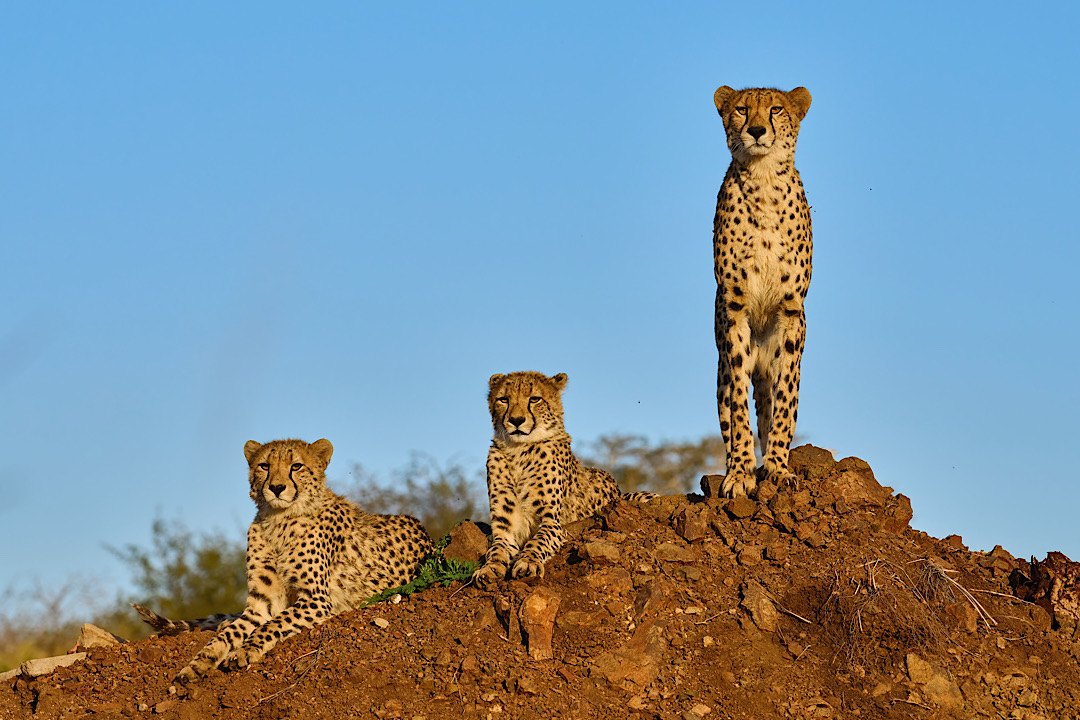
CCF UK Annual Reports
View our annual reports and financial accounts highlighting our efforts for the long-term survival of the cheetah.
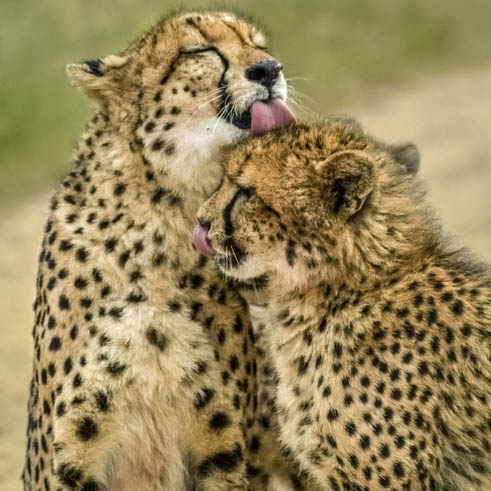
Cheetah Facts
The cheetah is the world’s fastest land animal and Africa’s most endangered big cat. Uniquely adapted for speed, the cheetah is capable of reaching speeds greater than 70 miles per hour in just over three seconds. At top speed, their stride is seven meters long. The cheetah’s unique body structure: flexible spine, semi-retractable claws, long legs and tail allow it to achieve this unbelievable top speed.
Find out more cheetah facts here
